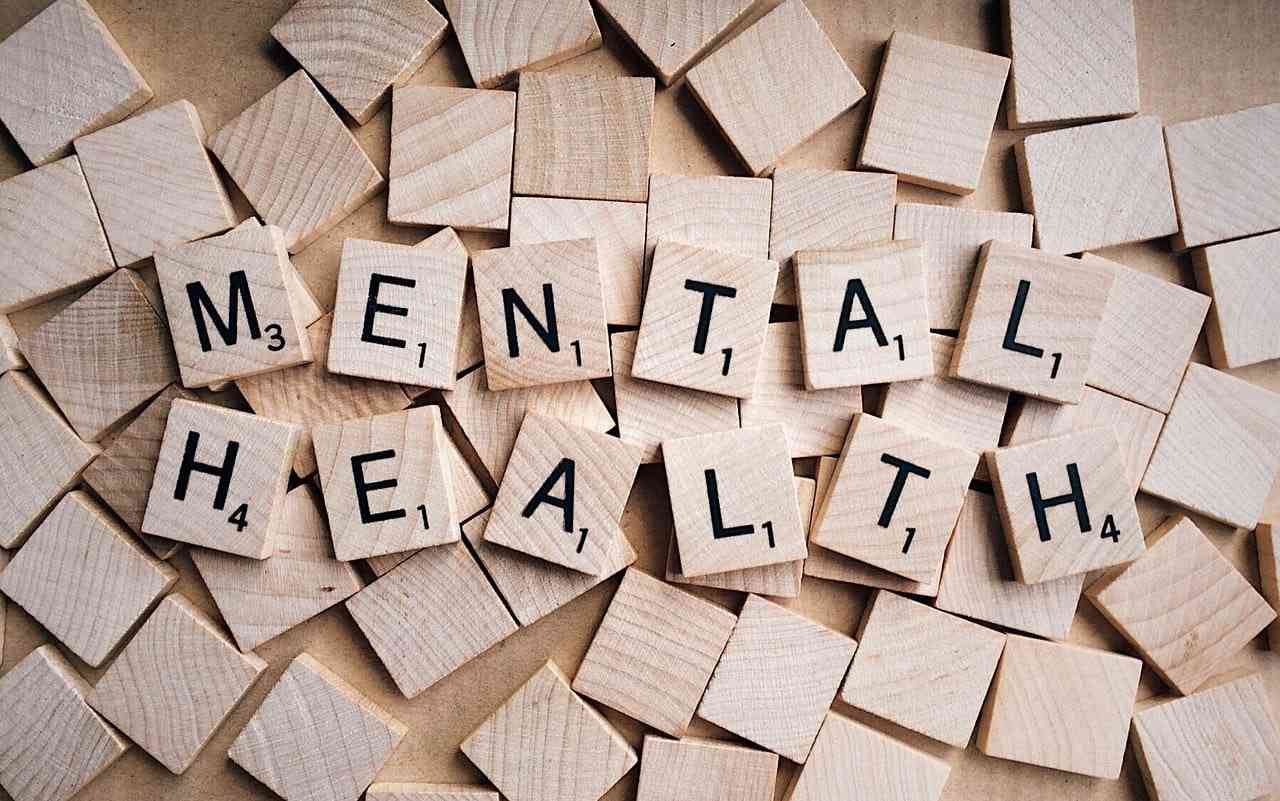
The COVID-19 pandemic took a huge toll on the mental well-being of most individuals. The isolation phase caused people from all walks of life to feel stressed. This included schoolchildren, frontline workers, family members who could not meet each other for months, infected individuals, and those that lost a loved one.
Patients with pre-existing mental issues faced even greater difficulty as they could not reach out to their doctors physically or access mental health services during the lockdowns. Even online mental health NP programs for prospective nurses become popular during this period.
While it is common to feel hopeless, anxious, and scared, it is a choice to stay that way. Whether you were badly affected by the pandemic or you are a long-term mental health patient, the good news is that you can look after your mental health through a few smart practices. Below we shall look at some helpful ways to keep your mind at peace.
1. Care for Your Physical Health
A healthy mind must be situated inside a healthy body. Taking care of your physical well-being is just as important. Make sure to exercise for at least half an hour daily. You can indulge in yoga, walking, running, jogging, cycling, swimming, or gardening.
Eat a well-balanced diet with the correct portion of protein, fats, and carbohydrates. Keep a check on your water intake and ensure you are getting all the necessary vitamins. Lastly, sleep well and rest to ensure your body and mind are revitalized after a long day.
2. Talk It Out
Whenever you feel stressed, anxious, or scared, it is a smart move to reach out. Discuss your thoughts and feelings with a friend, colleague, or family member, or consult a counselor. Share what is pulling you down; having someone listen can make you feel cared about. If you cannot get in touch physically, do not hesitate to reach out via a message, video, or phone call.
3. Steer Clear of Drugs
Avoid using drugs like tobacco and alcohol to cope with feelings of emptiness and sadness. These substances can only provide false hope by making you feel better for a while but end up making you feel worse in the long run. Constant abuse can also put you at risk of injuries or diseases and can be lethal.
4. Indulge in Activities You Love
Take time out daily to indulge in hobbies and activities you love, enjoy, and find meaningful. This can be as simple as cooking dinner for yourself and your family, walking, playing with your pets, watching a film/TV show, or reading a book. Make sure to create a routine so you can have a few moments to truly enjoy yourself daily. This is key to maintaining good mental health.
5. Set Realistic Goals
Having realistic goals can eradicate most of the frustration you feel. It is a good idea to properly think about and decide what your professional, personal, and academic goals should be. While it is nice to aim high, your goals should not be unrealistic or unachievable. Develop goals you can accomplish and feel proud about instead of ones that make you feel overwhelmed and drained.
6. Help Others
Reaching out to others that are underprivileged in any way can make you feel blessed and satisfied with what life has given to you. You can do so by volunteering in programs or events. It is also a good idea to participate in charity or spend a day with the elderly, kids, or disabled individuals.
Take gifts, food, and kind words along. The smiles and good energy they will give you in return will keep you smiling for a long time. You may even get inspired and realize you can overcome your mental obstacles with the right support.
7. Seek Professional Help
If all else fails, do not hesitate to contact a professional. Reach out to a counselor or doctor or call on your local mental health helpline. Remember that there is no mental health challenge that you cannot overcome and that you are never alone. There are many ways to support your emotional well-being even if that means seeking medical help.
Endnote
Mental health often shows no physical symptoms but should not be taken lightly. Poor emotional health can take a toll on your body and impact your life negatively. Never hesitate to opt for ways to reduce stress and anxiety, and always get in touch with a professional if things feel out of hand.
Image by WOKANDAPIX from Pixabay
Follow me down the rabbit hole!
I'm Alice and I live with a dizzying assortment of invisible disabilities, including ADHD and fibromyalgia. I write to raise awareness and end the stigma surrounding mental and chronic illnesses of all kinds.








